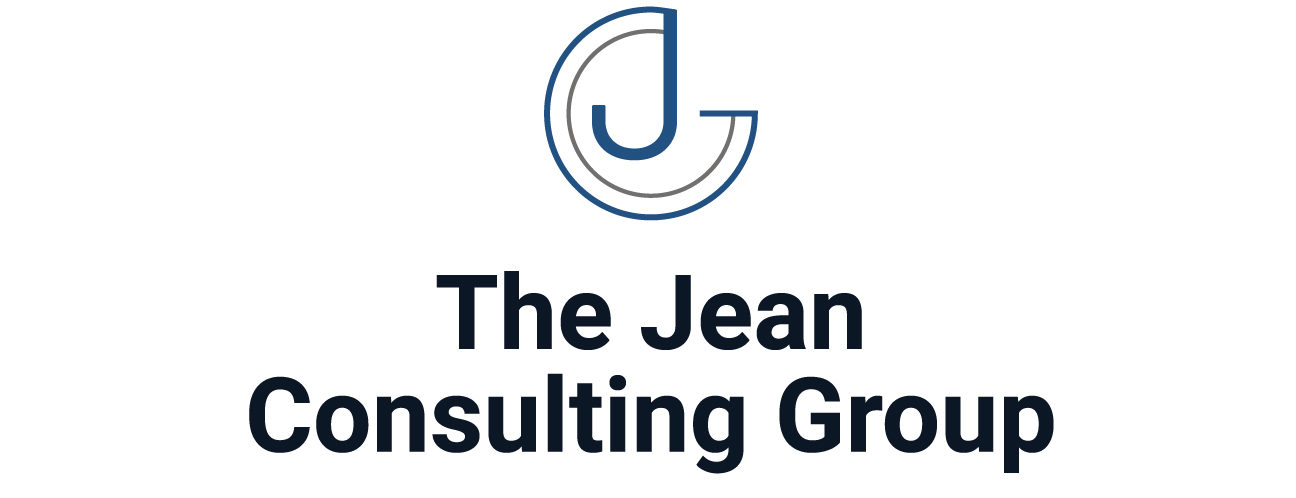In the realm of organizational dynamics, disputes related to performance issues are commonplace, often leading to strained relationships and decreased productivity. Performance Improvement Plans (PIPs) emerge as a strategic solution within dispute management frameworks, aimed at addressing and ameliorating performance discrepancies in a constructive manner. This article delves into the utilization of PIPs as a dispute management tool, exploring their structure, benefits, and best practices for implementation, to foster positive outcomes for both employees and organizations.
Understanding Performance Improvement Plans
A Performance Improvement Plan (PIP) is a formal document created by management to address and rectify an employee’s specific performance issues. PIPs are designed to clarify performance deficits, establish clear expectations for improvement, provide a roadmap for achieving these improvements, and outline the support available to the employee during the process. The ultimate goal of a PIP is not punitive but corrective, aiming to guide underperforming employees back to satisfactory performance levels.
Key Elements of Effective PIPs
For a PIP to be effective, it must contain several key elements:
- Specific Performance Issues: Clearly articulate the areas where the employee’s performance does not meet the required standards, providing concrete examples and data where possible.
- Measurable Objectives: Outline specific, achievable objectives that the employee needs to meet within a defined timeframe to consider the PIP successful.
- Support and Resources: Identify the resources and support available to the employee, including training, mentoring, or additional tools, to help them achieve the outlined objectives.
- Timeline and Milestones: Establish a realistic timeline for the PIP, including interim milestones for assessing progress towards the final objectives.
- Consequences: Clearly state the consequences of failing to meet the objectives of the PIP, which may range from further disciplinary actions to termination.
Benefits of Implementing PIPs in Dispute Management
Implementing PIPs as part of a dispute management strategy offers several benefits:
- Structured Improvement: PIPs provide a structured framework for addressing performance issues, making the process transparent and manageable for both the employee and the manager.
- Enhanced Communication: The process of developing and implementing a PIP fosters open communication between the employee and management, clarifying expectations and addressing any misunderstandings.
- Opportunity for Development: PIPs offer employees a clear opportunity for professional development, demonstrating the organization’s willingness to invest in their growth and improvement.
- Prevention of Further Disputes: By addressing performance issues proactively, PIPs can prevent further disputes and potential escalation, preserving the working relationship and organizational harmony.
Best Practices for Implementing PIPs
For PIPs to be successful, organizations should adhere to several best practices:
- Collaborative Development: Whenever possible, involve the employee in the development of the PIP, ensuring they understand the issues and are committed to the improvement process.
- Regular Feedback: Provide regular, constructive feedback throughout the PIP period, highlighting progress and areas needing further improvement.
- Fair and Consistent Application: Ensure that PIPs are applied fairly and consistently across the organization to maintain trust and credibility in the process.
- Focus on Improvement: Emphasize the corrective and developmental nature of the PIP, avoiding any perception of it as a punitive measure.
- Review and Reflect: At the conclusion of the PIP, conduct a review with the employee to discuss the outcomes and reflect on the lessons learned, regardless of the result.
Conclusion
Performance Improvement Plans serve as a valuable tool within dispute management strategies, offering a constructive pathway to address performance-related disputes. By clearly defining performance issues, setting achievable goals, and providing necessary support, PIPs can help employees improve their performance, benefiting both the individual and the organization. When implemented with care and consideration, PIPs underscore an organization’s commitment to its employees’ success and development, enhancing the overall work environment and organizational performance.




